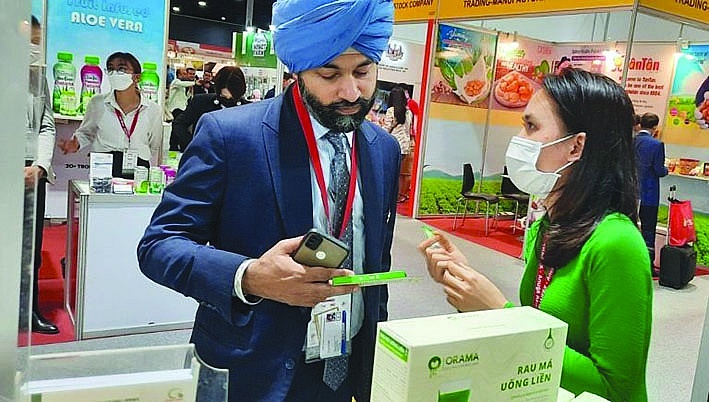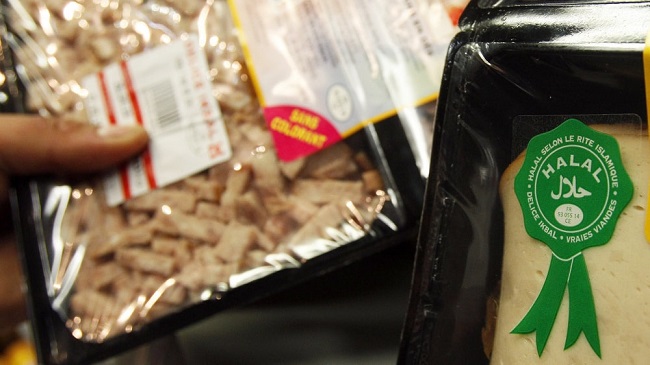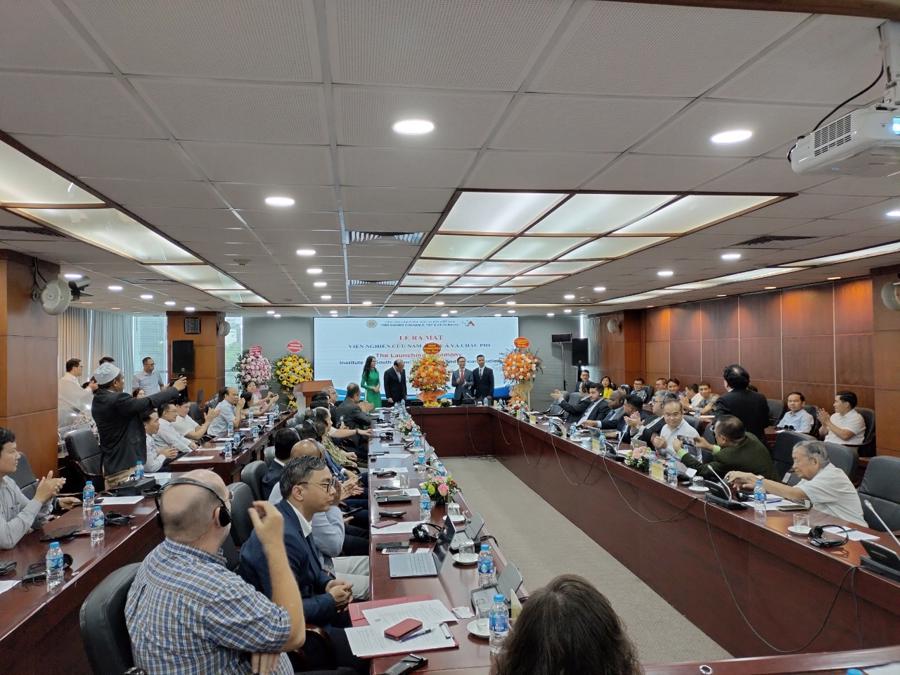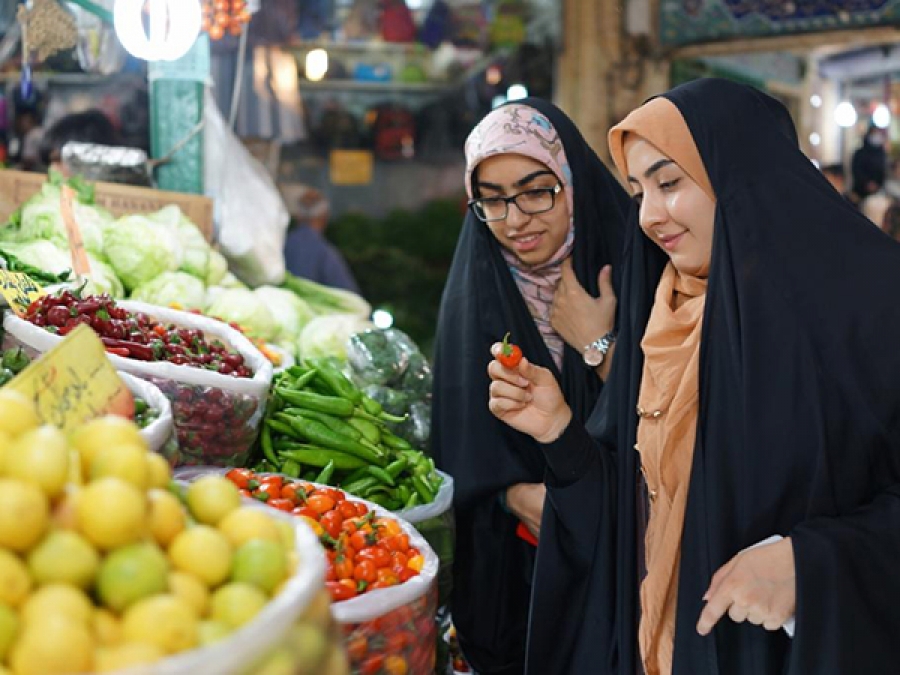(VietQ.vn) – For a product to be Halal certified, it means that the product does not contain any prohibited ingredients and has been processed in a facility that maintains the integrity of its Halal status. Obtaining Halal certification brings credibility to the establishment, thereby gaining the trust of consumers who are conscious of Halal standards.

Currently, with over 1.9 billion Muslim consumers, accounting for about one-quarter of the global population, the Halal product market is rapidly expanding. Halal, derived from Arabic, means “permissible,” and Halal products are those that comply with Islamic law. In contrast, Haram means “unlawful” or “forbidden.”
Halal and Haram are terms applied to all aspects of a Muslim’s life. For Muslims, Halal products are not just a preferred choice but also a religious obligation. Muslims only consume Halal products. Halal products are not limited to food, as commonly thought, but also include sectors such as pharmaceuticals, cosmetics, fashion, tourism services, banking, finance, and logistics.
For a product to be Halal certified, it means that the product does not contain any prohibited ingredients and has been processed in a facility that ensures the integrity of its Halal status. Ingredients like alcohol, pork, and other animal-derived products are considered major red flags. Obtaining Halal certification gives credibility to the establishment and instills trust in consumers who are conscious of Halal standards.

Halal certification organizations assess businesses to determine whether their products meet Halal standards. The primary areas of focus include ingredients, suppliers, and production facilities. A production facility must be capable of maintaining the integrity of a product’s Halal status from the point of entry to the point of exit. Once all risks are mitigated within the facility, the certification body will issue the Halal certification seal. Without this detailed and thorough evaluation, a product cannot be certified.
Mr. Nguyễn Tuấn Anh, Deputy Director of the Center for Conformity Certification (QUACERT), stated that Halal certification is considered a “passport” for businesses exporting to Islamic markets. This certification clarifies the Halal status of ingredients, enhancing the competitiveness of the product. Additionally, the Halal logo on the product will assist Muslims in selecting and purchasing the product.
As of now, Halal standards include TCVN 13888:2023 – Requirements for Halal certification bodies, and four TCVNs for products: General requirements for food, agricultural practices, slaughtering, and animal feed. However, there is no specific TCVN for testing and laboratories yet.






